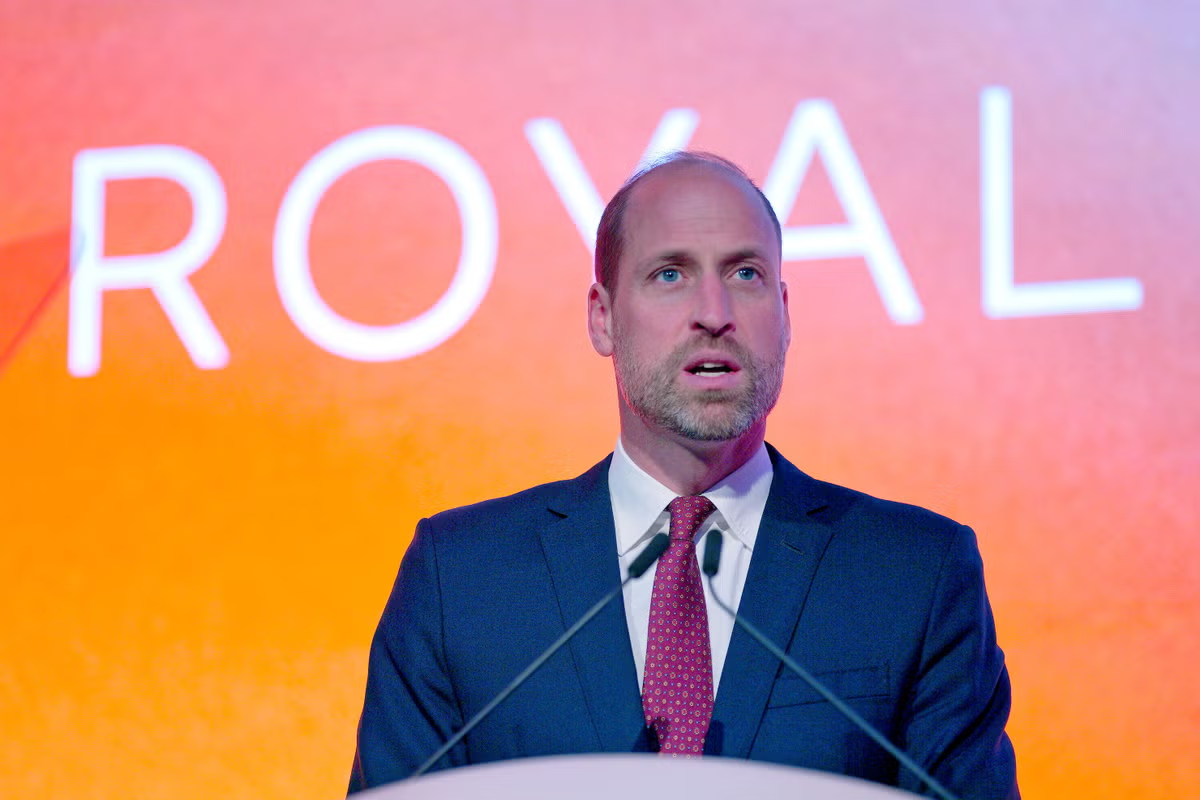A version of this article first appeared on CNBC's Inside Wealth with Robert Frank, a weekly guide for high-net-worth investors and consumers. Register to receive future issues directly to your inbox.
Family offices are more optimistic than at any time in years, putting their money to work in stocks and alternatives as the Federal Reserve begins to cut interest rates, according to a new survey.
Nearly all family offices, 97%, expect positive returns this year, with nearly half expecting double-digit gains, according to Citi Private Bank’s 2024 Global Family Office Survey.
“This is the most optimistic outlook we've seen,” said Hannes Hofmann, head of the family office group at Citi Private Bank, which has been conducting the survey for five years. “What we're clearly seeing is an increase in risk appetite.”
The survey is the latest sign that family offices — the private investment arms of wealthy families — are emerging from two years of cash hoarding and downturn-preparation to begin making more aggressive bets on market growth and valuation.
Investors are particularly fond of private equity. Nearly half (47%) of family offices surveyed say they plan to increase their allocation to direct private equity over the next 12 months, the highest proportion of any investment category. Only 11% plan to reduce their private equity holdings. Private equity funds came in second, with 41% planning to increase their allocation.
Against a backdrop of falling interest rates, family offices are also regaining their appetite for equities. More than a third (39%) of family offices plan to increase their exposure to developed market equities, mainly in the US, while only 9% plan to reduce their equity exposure. This comes after 43% of family offices increased their exposure to public equities last year.
Public equities remain their largest holding by major asset class: Stocks make up 28% of their typical portfolio, up from 22% last year, according to the survey.
“Family offices are taking money out of cash and investing it in public stocks, private equity, direct investments and also fixed income,” said Hofmann. “But it is mainly going into risky investments. This is a very significant development.”
Fixed income has emerged as another favourite asset for family offices as rates begin to fall. Half of family offices surveyed increased their fixed income exposure last year (the most of any category) and a third plan to further increase their fixed income holdings this year.
With the S&P 500 Index Family offices, which are up nearly 20% so far this year, expect 2024 to end with strong returns. Nearly half, 43%, expect returns of more than 10% this year. More than 1 in 10 large family offices (those with more than $500 million in assets) expect returns of more than 15% this year.
Of course, their optimism comes with risks. When asked about their near-term concerns about the economy and financial markets, more than half cited the path of interest rates. U.S.-China relations ranked second among their top concerns, and market overvaluation ranked third. The survey marked the first time since 2021 that inflation was not the top concern for family offices surveyed, according to Citi.
One of the big differences that sets family offices apart from other individual investors is their appetite for alternatives. Private equity, venture capital, real estate and hedge funds currently account for 40% of the portfolios of the family offices surveyed. That number is likely to continue to grow, especially as more family offices make direct investments in private companies.
“It's a significant allocation that shows that family offices are asset allocators who are long-term investors, very sophisticated and with a long-term view,” Hofmann said.
One of the most important themes for their private investments is artificial intelligence. The family offices of Jeff Bezos and Bernard Arnault have made investments in AI startups, and repeated surveys show that AI is the number one investment theme for family offices this year. More than half of family offices surveyed by Citi have exposure to AI in their portfolios through public equity, private equity funds, or direct private equity. Another 26% of family offices are considering increasing their investments in AI.
Hoffman said AI has already proven to be different from previous investment innovations such as cryptocurrencies and environmental, social and governance (ESG) issues. Only 17% of family offices invest in digital assets, while a large majority say they are not interested.
“AI is a topic that people are interested in and are investing real money in,” Hofmann said. “In the case of cryptocurrencies, people were interested in them, but at best they invested some fictitious money. In the case of ESG factors, we are seeing that a lot of people say they are interested in them, but a much smaller percentage of family offices are actually investing money in them.”








